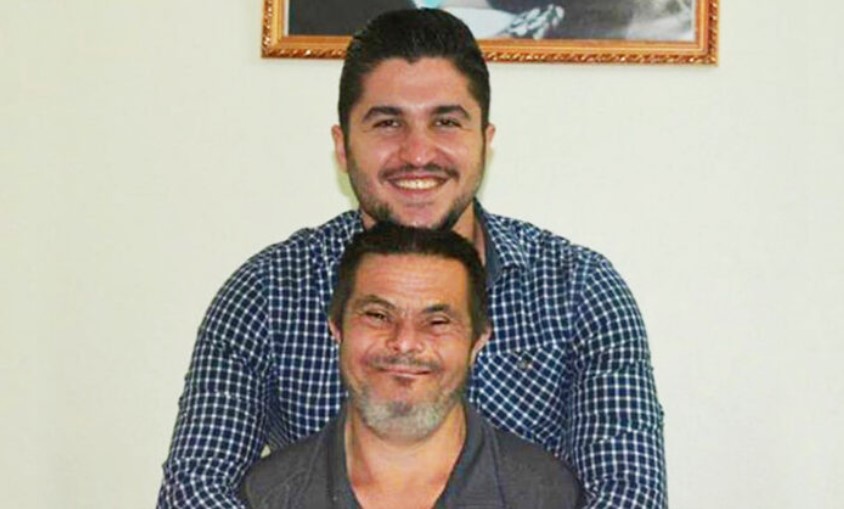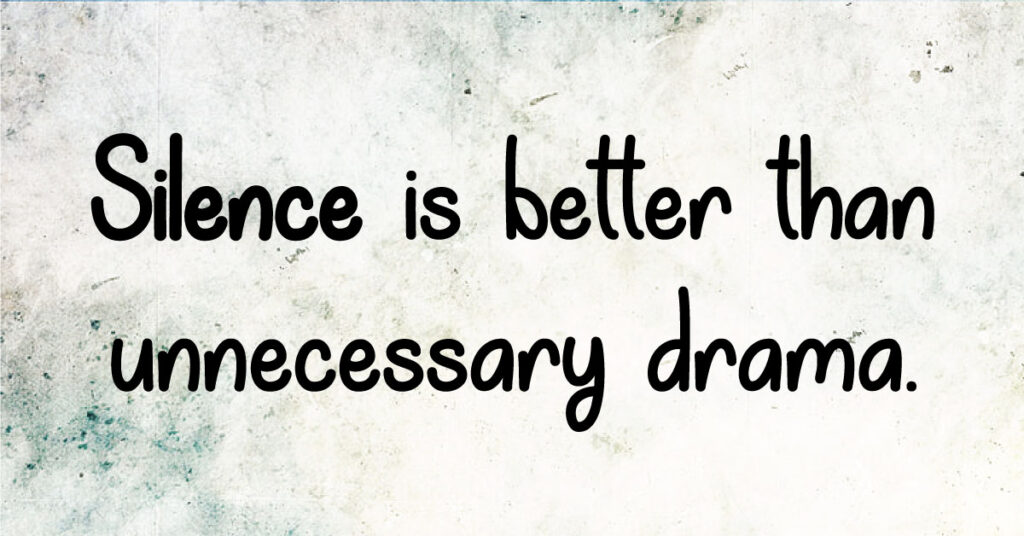It’s fair and honest to divide people into three distinct categories: givers, takers, and those who find themselves somewhere in between. Most people fit into the third category, but there are some who can be described as “givers” or “takers.” Those in the former group are characterized by their benevolent disposition and generous attitude toward others. Their actions are selfless and compassionate, motivated not by personal gain or reward but out of respect for fellow human beings. On the other hand, those in the latter group tend to be driven primarily by self-interest – their primary purpose is to gain something from what they do.
Individuals with an inclination towards giving display qualities such as empathy and unselfishness. Whenever they donate their time or resources it brings happiness not only to them but also to whoever happens to receive it. Such generosity is often met with feelings of bliss and joy for both parties involved
The world needs more people who are willing to give of themselves generously
This is an obvious conclusion when we take into account all of the global issues that exist. However, if there are no limits on our generosity, then it can backfire and become unhealthy. To ensure that giving remains beneficial, givers must find a way to balance their goodwill with practical perspectives.
A few reasons why it’s important to balance the act of giving with rationality:
- To avoid burnout and exhaustion
- To ensure that your giving is done in a sustainable and effective way
- To avoid putting yourself in an unhealthy position financially or emotionally
- To maintain a realistic perspective when evaluating various situations.
Seven potential signs you may be giving too much:
Feeling overwhelmed or stressed out from the demands of giving
Feeling overwhelmed or stressed out from the demands of giving is one of the clearest signs that you may be giving too much. When you are constantly overextending yourself to help others, it can be hard to find a balance and make sure your own needs are met. This can lead to feelings of stress, exhaustion, and even depression if left unchecked. It is important to recognize when your giving is adversely affecting your well-being so that you can take steps to better manage your time and energy.
Neglecting your own needs in favor of helping others
Neglecting your own needs in favor of helping others is another potential sign that you may be giving too much. Many people have an innate sense of self-sacrifice, which can often lead to neglecting their own physical and emotional needs. When we give too much, we leave ourselves with little time or energy for our own pursuits and passions. This can result in fatigue, frustration, and a lack of fulfillment of our own goals. It is important to remember that it’s okay to say ‘no’ sometimes so that we can make sure our needs are being met as well as those of others.
Constantly feeling exhausted due to giving too much of yourself
Constantly feeling exhausted due to giving too much of yourself is a sign that you should reassess how you are spending your time and energy. When we give too much, we become drained both physically and emotionally. This can lead to constant fatigue, irritability, and a lack of motivation or enjoyment in life. It is important to recognize when you are overextending yourself and take the necessary steps to restore balance in your life.
Putting yourself in uncomfortable financial situations due to generosity
Putting yourself in uncomfortable financial situations due to generosity is a potential sign of giving too much. Many people are so accustomed to helping others that they forget to take care of themselves and their own finances. While it is admirable to be generous, this generosity can lead to wider problems if not managed correctly. It is important to prioritize your own financial needs before those of others and ensure that you are not overspending or taking on unnecessary debt in order to help others.
Sacrificing one’s well-being for the sake of another
Sacrificing one’s well-being for the sake of another is a common trap many people fall into when trying to help those around them. Oftentimes, we forget to take care of ourselves as we focus our energy on assisting others, leading to fatigue and irritation. While compassionate and generous acts can be beneficial in some cases, it is important to prioritize your own well-being and ensure that you are not sacrificing too much in order to help someone else. A healthy balance between looking after yourself and being generous is important in order to lead a fulfilling life.
Ignoring personal boundaries and allowing other people to take advantage of them
Ignoring personal boundaries and allowing other people to take advantage of them is a dangerous habit that can lead to physical, emotional, and mental harm. It is important to set and maintain clear boundaries with those around you in order to protect yourself and your own interests. When boundaries are crossed, it is important to be assertive and make sure that your wishes are respected. If someone continues to ignore your boundaries despite being asked repeatedly, then it may be time to remove yourself from the situation or seek help from a trusted source.
Experiencing feelings of guilt when unable or unwilling to give more
It is natural to feel guilty when you are unable or unwilling to give more in a situation. However, it is important to remember that taking care of yourself and your own needs should come first. Guilt can be an indicator that your boundaries are being crossed, and it may be a sign that you need to step back and reevaluate the situation. It can be difficult to say no at times, but recognizing one’s capacity and managing expectations is often necessary for preserving balance in life.
Final thought
It is essential to take care of your own health and not overstretch yourself. Doing so can have negative consequences on both your mental and physical health, as well as leave you unable to help those around you. If your symptoms persist, there are a few options that may help in reducing stress: mindfulness or meditation, saying no more often, practicing deep breathing techniques, or seeking professional help through an Employee Assistance Program (EAP)








